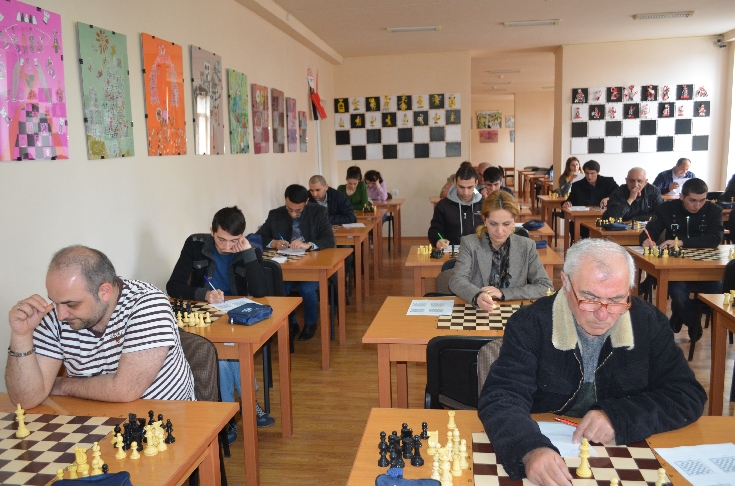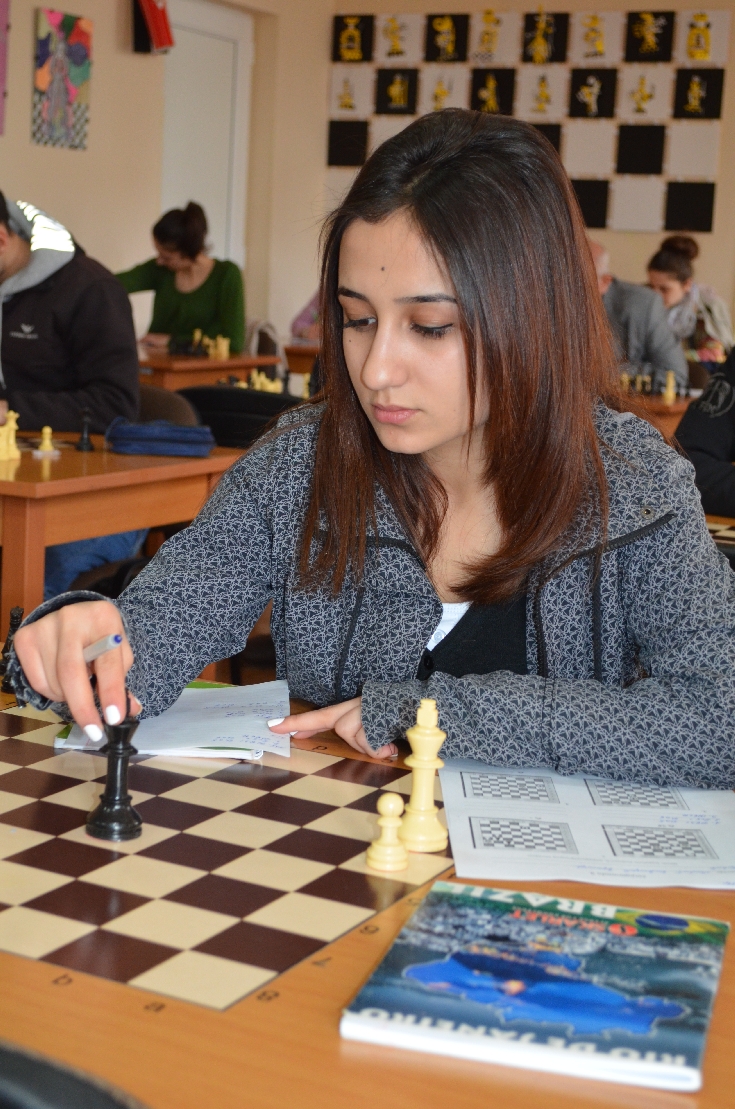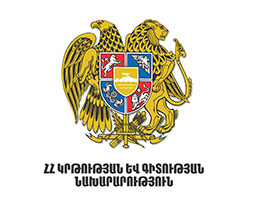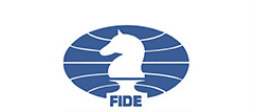
 ChessAcademy.am
ChessAcademy.am
Recruitment, Trainings and Tetrainings of Chess Teachers
 The key to an effective and enriching chess education is primarily the teacher, whose character and vocational skills are of vital essence. The quality and skill of the teacher determines the productivity of chess classes. For this reason, since the very beginning of the introduction of chess into the school curriculum, the importance of teacher recruitment and training process has been emphasized. In the beginning of the process, we found out that more than 1200 schools needed the provision of teachers. Unsurprisingly, it was quite a difficult task to collect such a large number of experts in a short time period. The search for qualified professionals was carried out through following process: GM Smbat Lputian was competing concurrently in games conducted across all regions of the Republic of Armenia, during which he visited all the large and small towns and rural communities. Following the conclusion of the games in all the regions, specialists with significant knowledge and impressive ability were chosen to be trained as future chess teachers. Finding enough future teachers proved very difficult, such that Mr Lputian was sometimes paying visits to the regions for the second or third time. As a result of this process, a certain number of professionals were recruited, some of whom were chess players with no experience in teaching. The rest had knowledge in chess as well as some experience as a teacher, and thus could be trained as “Chess course instructors”.
The key to an effective and enriching chess education is primarily the teacher, whose character and vocational skills are of vital essence. The quality and skill of the teacher determines the productivity of chess classes. For this reason, since the very beginning of the introduction of chess into the school curriculum, the importance of teacher recruitment and training process has been emphasized. In the beginning of the process, we found out that more than 1200 schools needed the provision of teachers. Unsurprisingly, it was quite a difficult task to collect such a large number of experts in a short time period. The search for qualified professionals was carried out through following process: GM Smbat Lputian was competing concurrently in games conducted across all regions of the Republic of Armenia, during which he visited all the large and small towns and rural communities. Following the conclusion of the games in all the regions, specialists with significant knowledge and impressive ability were chosen to be trained as future chess teachers. Finding enough future teachers proved very difficult, such that Mr Lputian was sometimes paying visits to the regions for the second or third time. As a result of this process, a certain number of professionals were recruited, some of whom were chess players with no experience in teaching. The rest had knowledge in chess as well as some experience as a teacher, and thus could be trained as “Chess course instructors”.
There was a need to focus on pedagogical and psychological preparation of recruited experts. To this end, a manual was created for the training of these professionals who were preparing for certification exams. Due to these manuals, future chess teachers were able to obtain the minimum knowledge required for organizing an effective process of chess learning. Accordingly, the recruitment and training of future teachers was underway, resulting in the formation of groups of experts across all the regions of Armenia. A clear timetable for implementation of teacher training was formed to organize training courses in Yerevan and then in the regions. Chess trainers and psychologists formed six separate groups, each of which included a professional chess trainer and a psychologist. The classes were very successful, and we think it is important to note that during the first year of training, it was mainly people who are devoted chess who were recruited, evident in the fact that the number of the people who failed the exam was very small.

The teacher training process had clear rules. According to the reestablished plan, time was allocated to both the teaching of chess and to the basic principles of pedagogical psychology. The trainings were conducted in compliance with previously developed teaching materials. After the completion of the training, qualification examinations were held. Experts who were taking the exams were assessed on the basis of a 20–point scale, and the ones passed the threshold of 10 obtained the right to teach chess in the secondary schools of Armenia. Using this same grading method, trainings and exams were held in all regions of Armenia. Taking into consideration the fact that there was a shortage of qualified professionals in regions, the transient barrier was reduced by one point (9).
We find it important to address the psychological component of the training course: the most difficult part of the trainings was that there was a needed to teach all the main pedagogical principles to the experts who had no pedagogical education and experience. For effective management of this process, the training program was developed to include all the material that were going to be provided to the chess teachers upon qualification. In addition to the training module-plans, a handbook was published for chess teachers, where the students’ age features and characteristics were presented, as well as the characteristics of the classroom as a certain social group.
Thus, a large number of teachers participated in training courses and our experience has shown that training had a tremendous positive impact on both the specialists with pedagogical education, as well as on those without any pedagogical qualification. It was difficult to convince non-professional chess teachers that the primary purpose of chess teaching is not the discovery and training of talented chess players, but rather to develop elementary school pupils’ way of thinking, as well as for the development of an independent individual.
In addition to trainings organized every year, consultations are also being organized twice a year in Yerevan and all the regions of Armenia and in Artsakh. The purpose of these consultations is to discuss problems and issues arising in the course of teaching, and accordingly, to allow professional psychologists guide the teachers to overcome any problems.




